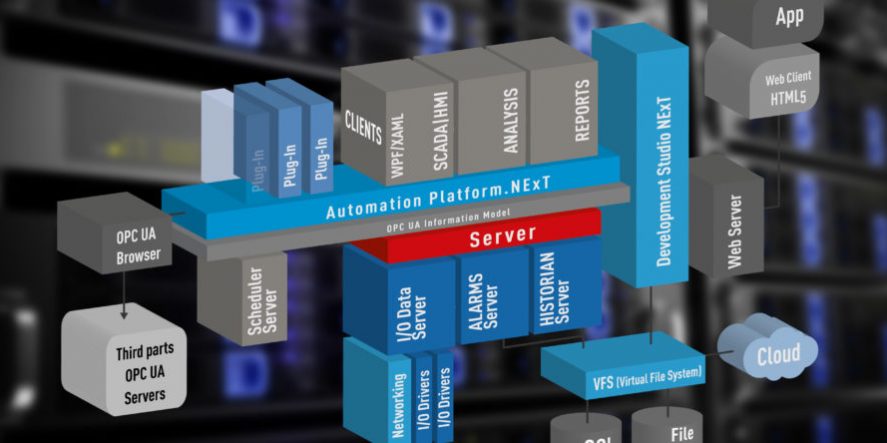It is hard to imagine a current automation system working without the capacity to use some sort of database technology. The process data needed for effective control and analysis in order to improve productivity is becoming extensive. The result is that SCADA systems are needed not simply to perform their traditional supervisory control and monitoring role, but also to provide a platform to process, manage and store big data.
Such is the prevalence of the SCADA system that it has to be considered as an enabler for the modern ‘smart factory’ concept. So how does SCADA deliver on these growing requirements? Firstly, it has to be able to accommodate all the latest database technology; secondly, it has to provide a high degree of IT sophistication to separate control communications and key information from the large quantities of process information being churned out in real time.
These are both functions which many SCADA products based on older coding platforms don’t handle well, or simply can’t provide. The modern automation world of big data means that there is simply too much information to be managed within traditional file archives within the SCADA system. To provide a platform for the smart factory, the SCADA system must offer simple integration with standard relational databases, and must be able to exploit the possibilities offered by the Cloud.
The big advantage of integration with a relational database derives from its capacity to extract immense volumes of data and information from different interrelating data tables. Automation systems need to deploy relational databases in order to manage and report data, whether serial data based on time-series, or analytical production data. SQL is the leading database product on the market for Windows operating systems, making it a natural choice for powerful and reliable operation.
The main advantage of information being stored on the Cloud is that it can be accessed from anywhere, allowing users to monitor and analyse processes away from the facility, on a host of different devices. This can enable truly 24/7 access to relevant information to speed up diagnosis, achieve solutions as fast as possible or enable easy sharing of relevant data. Cloud technology, within a SCADA context, is a key enabler for process innovation at a low cost.
SCADA is increasingly being seen as one of the primary tools that will drive industry towards the much talked about ‘smart factories’ of the future, but it can only come from a suite that was designed from the outset to provide a platform for these developments. Automation Platform.NExT provides exactly that, being based on the most recent innovations within the IT sector and aligning with the criteria set out in Industry 4.0. Automation Platform.NExT – available from Products4Automation (P4A) in the UK was designed from the ground up to meet the needs of SCADA implementation both today and tomorrow. Efficient data recording and access is enabled by embracing both SQL database variants and the flexibility of the Cloud.







